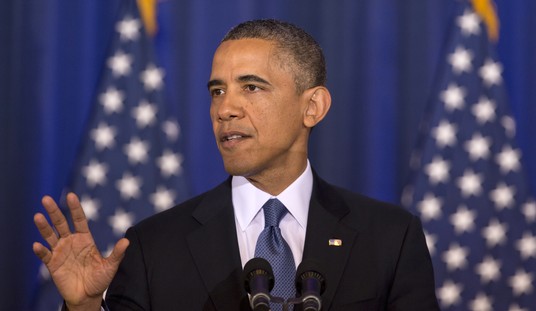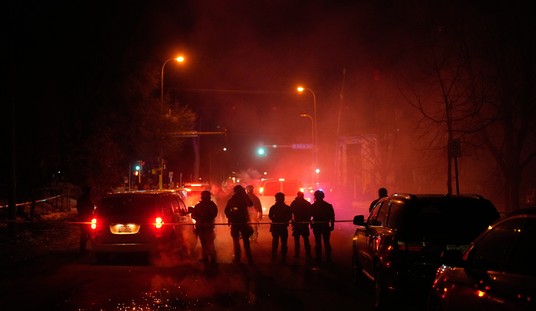[jwplayer player=”1″ mediaid=”79145″]
P.J. O’Rourke was interviewed by Peter Robinson of Ricochet and the Hoover Institute last month, and near the end of their wide-ranging conversation, Robinson asked O’Rourke about those of us in California who’ve given up on trying to reform the sclerotic dinosaur that is Sacramento. O’Rourke began his reply with this great anecdote referencing an even bigger and more dangerous ancient socialist government:
I remember going around China with a friend of mine who owned some steel foundries and a pelletized iron ore plant. He’s an American, but he lives in Hong Kong. Anyway, we’re wandering around mainland China, and I remember saying that I hadn’t heard any political discussions. Is it because people are afraid to talk about politics? He said, “no, they’re not afraid to [talk about politics]. You get ‘em started, and they’ll go on. But you’ve got understand the fundamental Chinese attitude toward government is ‘shhhhhhh….don’t wake it up when it’s sleeping.’” And I think our Millennials have a little bit of that same attitude. Fortunately, what they would wake up would not be as terrifying as [China’s cultural revolution.]
But what happens when China’s government does wake from its slumber? Steve Green writes today that the results won’t be pretty:
If a collapse should come, there is something we need to think about very seriously whether or not Washington ever heeds Mattis’s advice: The huge economic disruptions. China does in manufacturing today what America used to do, which is to move fast and scale up even faster. China moves workers and material in amounts and at speeds which are a legal and regulatory impossibility in 21st Century America. Between worker regs and the EPA, it simply isn’t possible for the US to replace China’s manufacturing ability — and there’s no other country besides us big enough and skilled enough to even try.
China’s collapse would cut a whole leg off of the global economy, with no anesthetic and no way to stop the bleeding. The loss of physical capital and manufacturing know-how would make a second Great Depression all but certain.
We need to have a plan in place to lift an awful lot of regulations, immediately, so that American business can go back to doing the kinds of things it used to do — and could do again if Big Fat Washington weren’t sitting on its chest.
In the early days of WWII, FDR asked for the impossible — that American industry build 50,000 warplanes in the first year, and 50,000 more every year after that. Nothing like it had ever been tried. But American business saw the profit potential, and FDR (for once) mostly got Washington out of the way. Sure enough, he got his airplanes.
We could do this, and avoid a global depression. The only thing stopping us is us.
I’m tempted to say “insert the Pogo quote here,” but given its origins during the rise of the American environmentalist left in the early 1970s, it was designed to stop us as well.
Related Exit Quote, via William F. Buckley: “Every ten years I quote the same adage from the late Austrian analyst Willi Schlamm, and I hope that ten years from now someone will remember to quote it in my memory. It goes, ‘The trouble with socialism is socialism. The trouble with capitalism is capitalists.’”










Join the conversation as a VIP Member